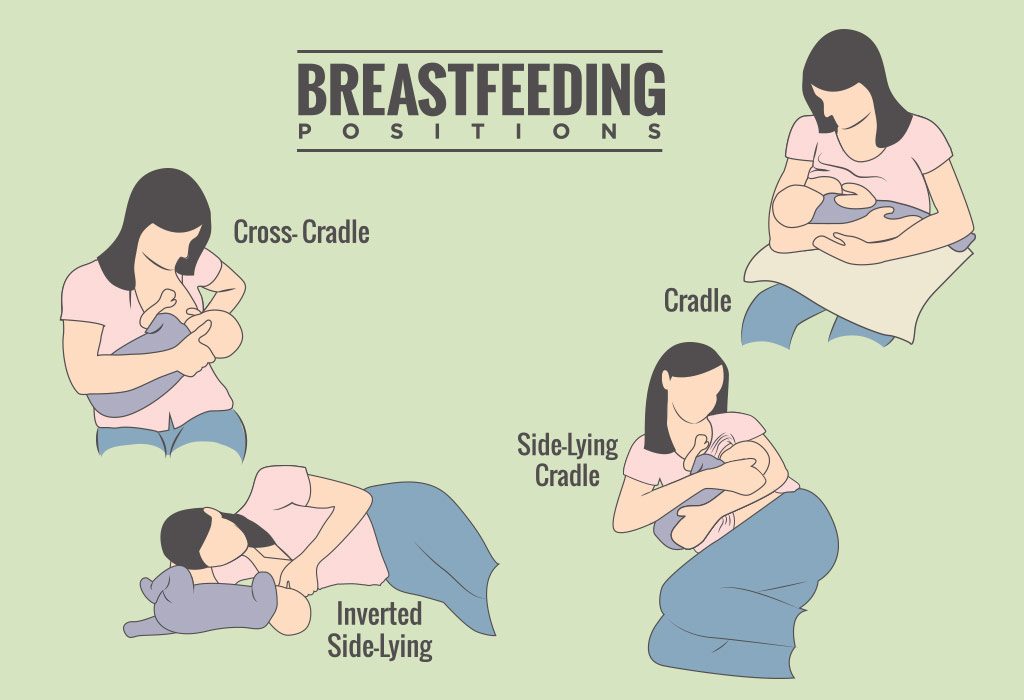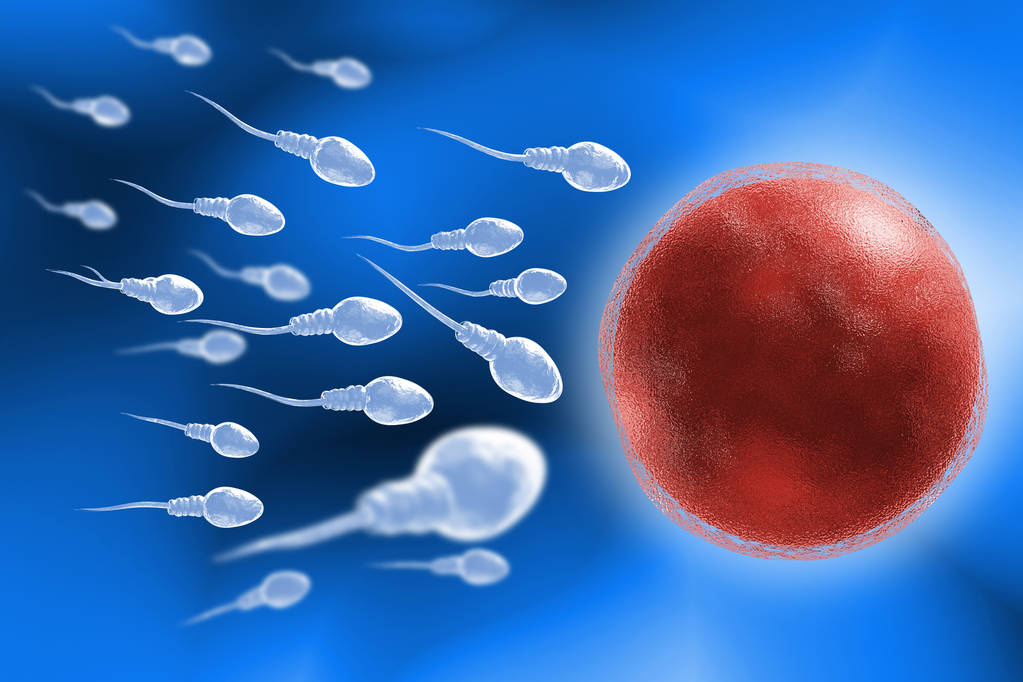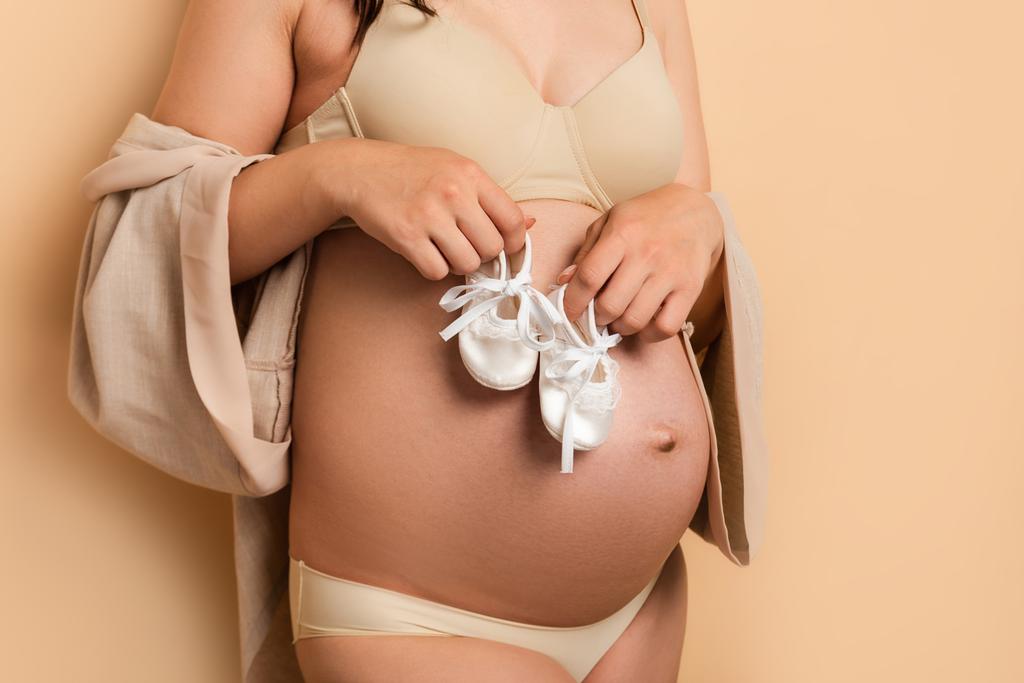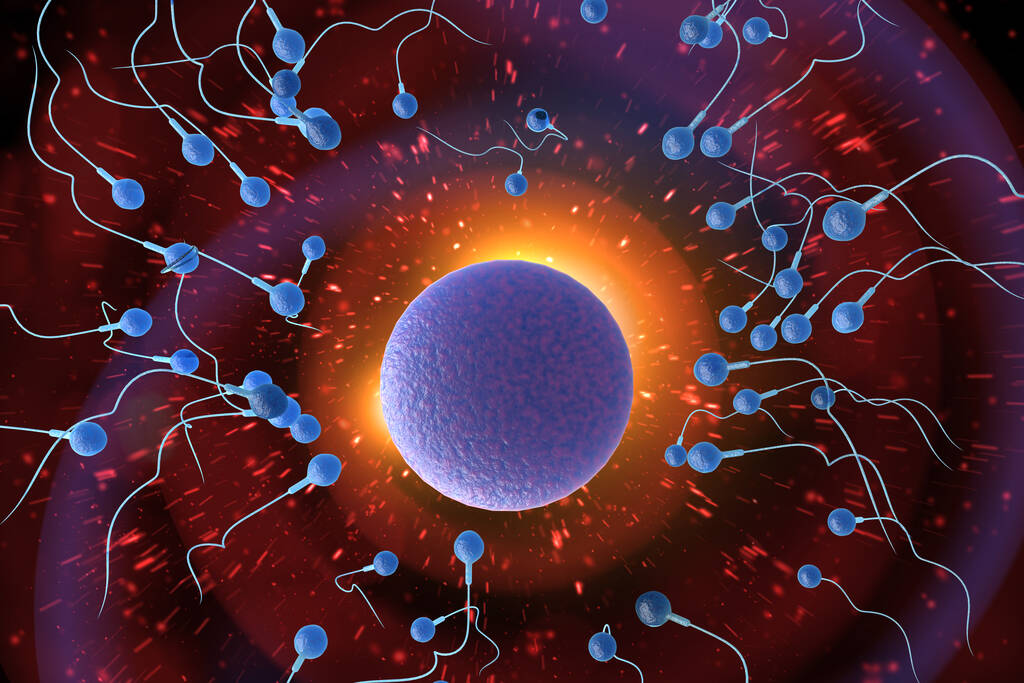As your little one transitions from being a newborn to a toddler, and now you find them running around with boundless energy, you might wonder, “What’s next?” After the toddler years, the next phase in your child’s development is often referred to as preschool age. Let’s explore the preschool age range, which typically spans from around 3 years old to approximately 5 years old, bringing with it a whole new set of discoveries and milestones.
Understanding Preschool Age: The Journey Continues
Your toddler, who was once taking those shaky first steps, is now ready to embark on the adventure of preschool. The preschool age range signifies a period of growth and exploration that sets the stage for formal education. Here’s a closer look at what you can expect during this stage:
- Cognitive Development: Preschoolers begin to engage in more complex cognitive tasks. They show an interest in counting, identifying colors and shapes, and exploring the world around them with a newfound curiosity.
- Language Skills: Communication continues to evolve as preschoolers expand their vocabulary, express themselves more clearly, and engage in simple conversations. Storytime becomes a cherished activity, fostering a love for language.
- Social Interaction: Preschool age marks the beginning of more interactive play. Your child will likely show an interest in playing with other children, sharing toys, and participating in group activities. This phase lays the foundation for social skills development.
- Independence: Preschoolers often want to assert their independence. From choosing their clothes to attempting basic self-care tasks, they seek to do things on their own, fostering a sense of autonomy.
- Motor Skills Refinement: Fine and gross motor skills continue to develop during the preschool years. Activities like drawing, cutting with scissors, and engaging in physical play contribute to their motor skills refinement.
- Imagination and Creativity: Preschoolers are known for their vivid imaginations. They enjoy engaging in pretend play, creating imaginary worlds, and expressing themselves through art and creative activities.
- Introduction to Routine: Many preschool programs introduce children to a structured routine, helping them adapt to a more formal educational setting. This early exposure lays the groundwork for future learning experiences.
Common Questions About Developmental Transitions
Now that your child is stepping into the preschool age, you might have questions about the previous stages and the transitions between them. Here are some frequently asked questions to provide clarity:
1. What age is considered a toddler?
- Experts generally consider toddlerhood to begin around 1 year of age. The toddler age range typically spans from 1 year to 3 years.
2. How long is the newborn stage?
- The newborn stage doesn’t have a fixed duration. Some experts consider infants to be newborns up to 28 days, while others extend this phase up to 3 months of age.
3. Is a 2-month-old a newborn?
- While there’s no universal definition, some experts consider babies as newborns until about 3 months of age.
4. Is a 12-month-old an infant or toddler?
- Once your baby reaches 12 months, they are usually considered toddlers. The toddler age range typically extends from 12 months to 3 years.
5. What age is considered infant?
- The term “infant” generally refers to a baby from birth to around 1 year of age. The term “baby” may also be used during this period, and “newborn” is often applied to babies up to around 3 months of age.
Embracing Each Developmental Stage
While your little one may forever be your baby at heart, each developmental stage brings its own set of terms and milestones. The newborn stage, spanning up to 28 days or even 2 to 3 months, transitions into the baby or infant phase, lasting until around 1 year. The toddler years, starting at 1 year, unfold until around 3 years, paving the way for the preschool age from 3 to 5 years.
As a parent, relish the journey, celebrate each milestone, and enjoy witnessing your child’s growth and development. Every stage contributes to their unique personality and sets the stage for a lifetime of learning and exploration. If you ever have concerns about your child’s development, don’t hesitate to consult with their healthcare provider for guidance and reassurance.










